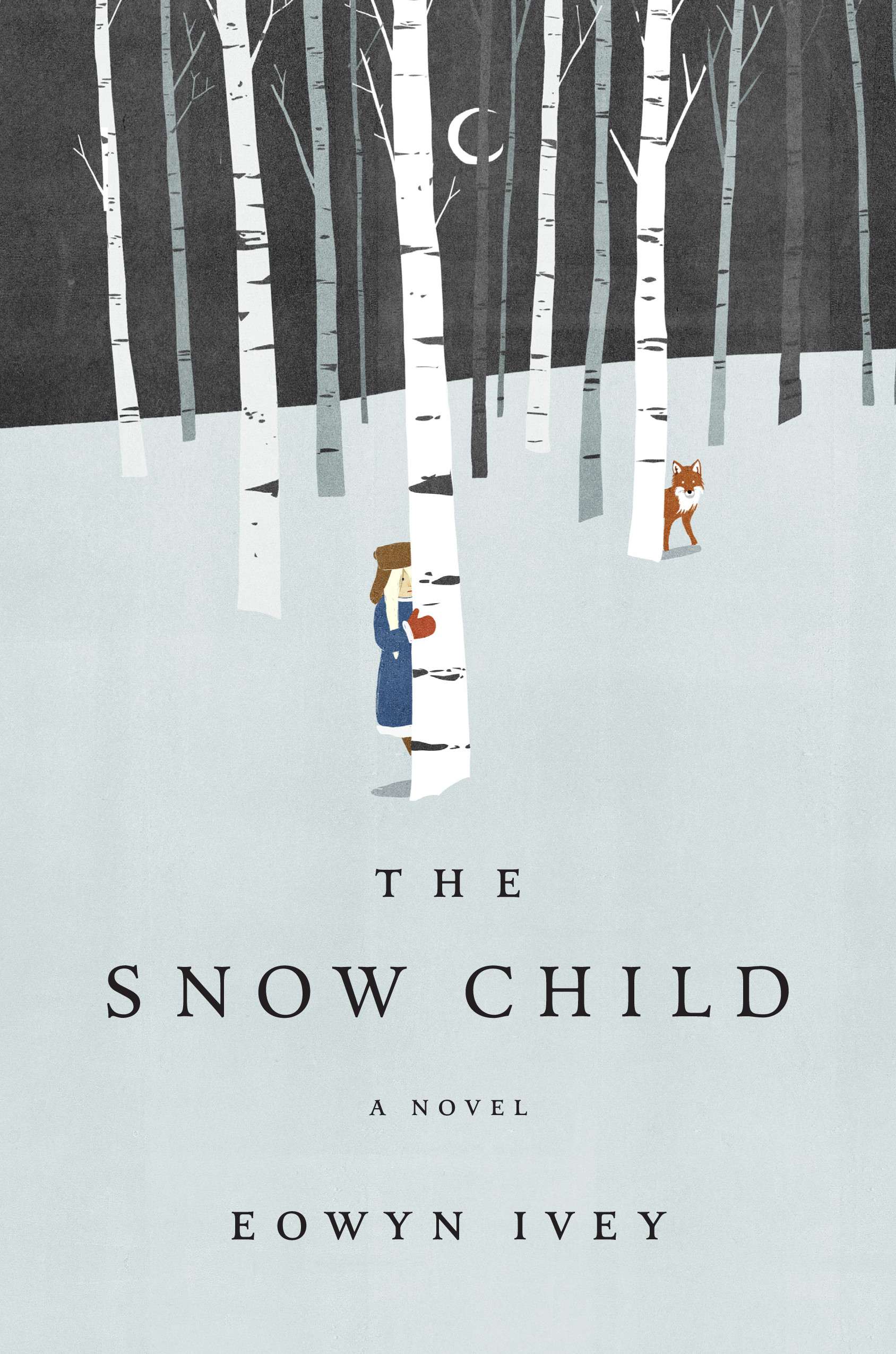The Snow Child, by Eowyn Ivey
I used to seek out books that were up for major awards – Man Booker, Pen/Faulkner, Pulitzer – but that was back when I was younger, with lots of time to consume books full of rich prose and complex plotting. As time went on, I found myself weighed down by books that were often bleak and difficult, even if wonderfully written.
But a friend recently recommended The Snow Child, after I expressed the desire to read something that was “gritty but not too gritty.” I was a little nervous when I saw the book had been shortlisted for a Pulitzer (in 2013), but her advice was true. It exactly fit with what I was looking for.

Based on a Russian folktale, the story follows Jack and Mabel, a childless couple struggling as homesteaders in the Alaskan wilderness in the 1920s when the sudden emergence of a young girl from the woods changes their lives. And while this is the defining kernel for the novel, it is how it is supported that makes this book so lovely.
We first see Jack and Mabel as isolated – physically from the nearest town or their closest neighbors, emotionally from each other, and by choice from their families on the other side of the continent. Their success or failure is as much in the hands of fate as it is owed to their own stubborn perseverance. We learn quickly that Mabel continues to deeply mourn the child she lost to stillbirth, one of the mitigating factors for the couple moving to the wilds of Alaska. The silence between the two is deafening.
And yet, there are whimsical moments between them, such as the snowy night where they impulsively build a snowman – or snow girl, as it were. And although this moment is rare, it is not out of character for either, in their wonderful crafting by author Ivey – and these moments lead to wonderful things.
The entire book is full of deeper craftings than one might expect, given the lede of a book of this mien. Alaska is drawn as both cruel and beautiful, but the cruelty is treated stoically rather than harping on its harshness, and the beauty never devolves into vistas that belong more in a story of singing nuns than one of stubborn survival. While the neighbors Jack and Mabel have may be distant, they are warm and lively (in acute contrast to the main characters’ austerity). The mystery surrounding the appearances of the snow child are explored, then explored in a wider circle, then explored again yet farther, and it is done gradually and cautiously, as befitting a child of the woods creeper towards a promise of family.
There is drama in this book, sometimes gripping but never bombastic or contrived. Jack and Mabel’s highs and lows, while at times unexpected, are not unrealistic (and this said about a book with the fantastical at its heart!). And the journey that they make towards each other is both wrenchingly and tenderly portrayed. I was constantly expecting certain things to happen while reading this book, as I have been conditioned to expect such things in my years of reading, but was pleasantly surprised when they either did not happen as expected, or they occurred in a way that felt true to the story rather than borne from convention.
The Snow Child was a wonderful recommendation given to me, and now I am giving it to you. I hope you find the tale just as satisfying as I did.
—Sharon Browning

